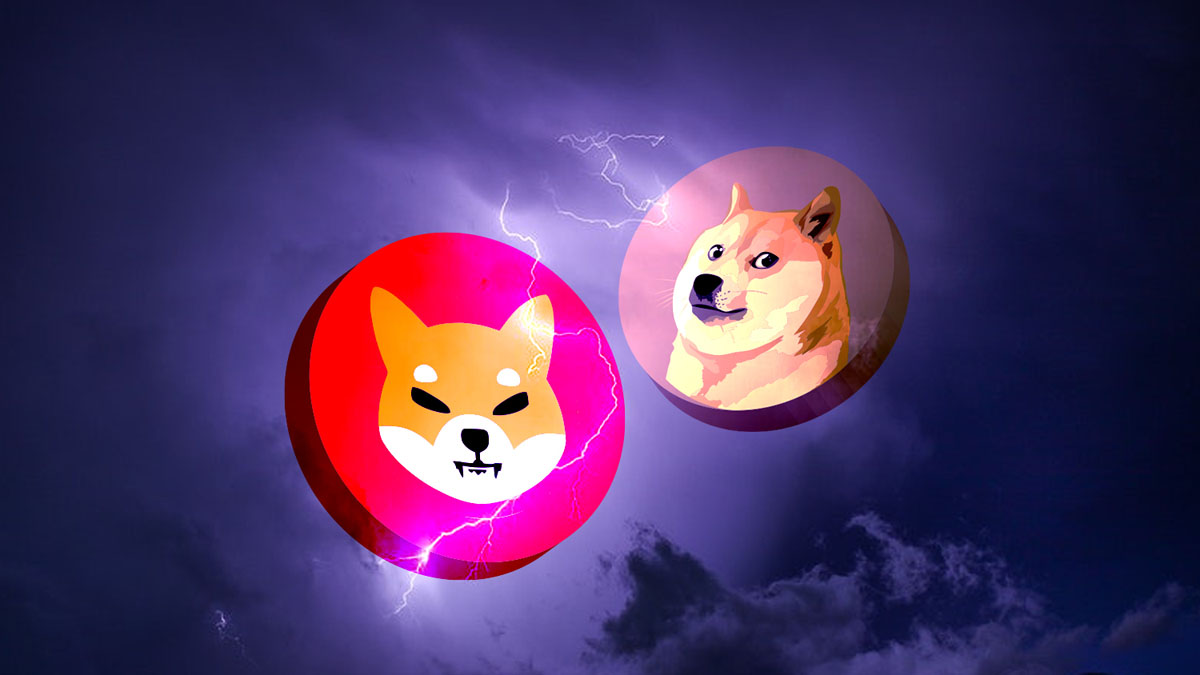Recently, the blockchain investigator known as ZachXBT highlighted a troubling trend in the Solana ecosystem, where numerous memecoin projects have rapidly collapsed post their pre-sale phase. According to his research, 12 such projects, despite raising a substantial $26.7 million from investors, were abandoned within the last month. This phenomenon underpins the volatile and often speculative nature of memecoins, raising concerns about investor protection and the ethical responsibilities of developers.
Highlight on Major Failures
Among the highlighted projects, the memecoin LIKE, led by developer pokeee.eth, is particularly notable. Despite amassing a staggering $7.7 million, equivalent to 52,220 Solana tokens, the coin plummeted by over 99% shortly after its launch. Similarly, the MOONKE token, despite a high initial valuation, saw a comparable decline without even launching, underscoring the high-risk involved in these ventures.
The Bigger Picture in the Solana Space
This trend isn’t isolated. The broader Solana-based memecoin sector has seen a significant downturn, with major coins like Dogwifhat losing over 40% of their value recently. These dynamics mirror the infamous 2017 ICO craze on the Ethereum platform, where a flood of projects ultimately led to numerous failures and investor losses. Additionally, there was an incident involving the SLERF memecoin, where a developer’s error destroyed all pre-sale tokens, yet the coin still gained a following, illustrating the unpredictable nature of memecoin markets.
Points to take into account
- The rapid decline of newly launched memecoins can lead to substantial financial losses for uninformed investors.
- Investor awareness and due diligence are crucial before participating in crypto pre-sales.
- The history of similar patterns, such as the 2017 ICO boom, may offer valuable lessons for current and future crypto market participants.
These revelations prompt a discussion on the sustainability and ethical dimensions of memecoins within the crypto community. As the market evolves, both investors and regulators might need to reassess strategies to manage such high-risk investments effectively, ensuring a balance between innovation and consumer protection.












